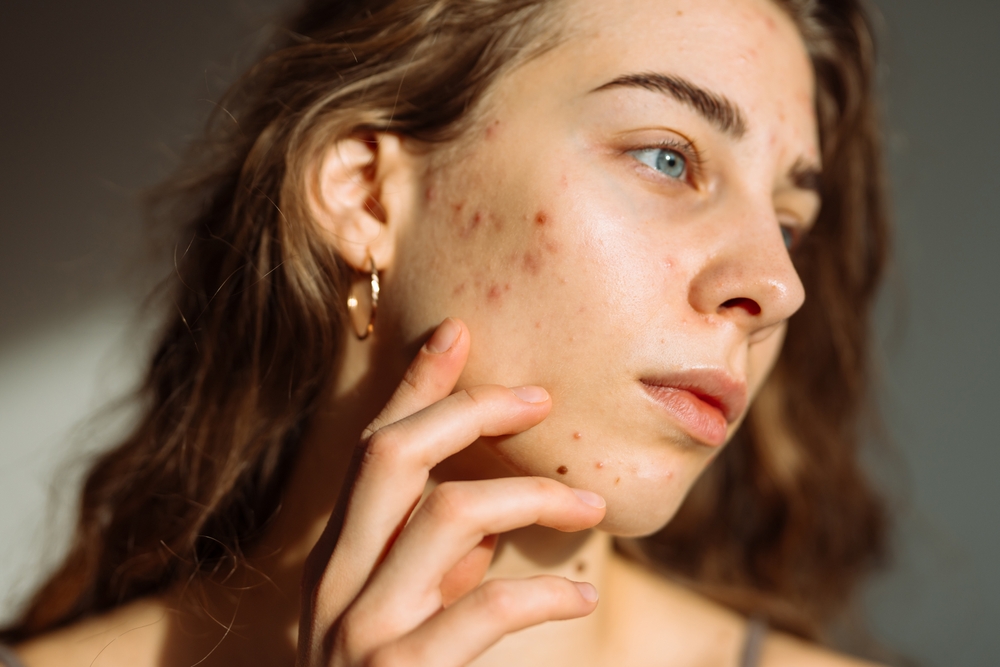
There are a few major concerns that those who deal with acne often deal with, and the potential of acne scarring is often high on this list. Why does some acne heal without any scarring, while other severe forms of acne can cause scarring?
At Skintherapy Skincare & Acne Clinic, we're proud to offer the best acne scar treatment services available around Salt Lake City and nearby parts of Utah, with expert estheticians who understand the safest, most effective acne treatments that will help avoid scarring concerns. Here are some of the chief factors that influence whether acne scarring may take place for a given individual, including some effective approaches for reducing the risks of scarring.
When it comes to the likelihood of acne scarring taking place, two vital factors to consider are the skin type of the individual and the depth of inflammation involved in their acne. These two variables play a significant role in determining whether an individual will be prone to scarring or not.
When it comes to skin type, those with oily skin are at a higher risk of developing acne scars compared to those with dry or combination skin. Oily skin tends to produce more sebum, which can clog pores and lead to inflammation and breakouts. This increased oil production also makes it harder for the skin to heal quickly, increasing the chances of scarring.
On the other hand, individuals with dry or combination skin are less likely to develop acne scars due to their lower levels of sebum production. However, they may still experience scarring if they have severe or persistent acne that causes deep inflammation.
The depth of inflammation is another crucial factor in determining an individual's potential for scarring. Superficial or mild cases of acne are less likely to result in scarring compared to severe cases that penetrate deeper into the skin.
Another significant factor in the development of acne scars is the picking and squeezing of pimples. Many individuals have a habit of touching or popping their pimples, which can worsen inflammation and increase the risk of scarring.
When you pick or squeeze a pimple, you are essentially pushing bacteria, oil, and debris deeper into the skin's layers. This can cause further irritation and damage to surrounding tissues, leading to more severe inflammation and a higher chance of scarring.
Not only does picking and squeezing contribute to scarring, but it can also prolong the healing process. When you manipulate a pimple, you disrupt the natural healing process of your skin. It takes longer for your body to repair itself when there are constant interruptions and irritations, and also increases the chances of scarring.
One of the most important things to remember when dealing with acne is the value of early treatment. The earlier you start treating your acne, the less likely it is to result in scarring. This is because early treatment can prevent further inflammation and damage to the skin.
For instance, if you have blackheads or whiteheads, treating them promptly can prevent them from becoming inflamed and turning into more severe forms of acne such as cysts or nodules. These types of acne are more likely to leave scars.
Moreover, early treatment also helps to control the spread of bacteria on the skin and reduces the risk of secondary infections. This is important because bacterial infection can worsen inflammation and increase the chances of scarring.
If you already have acne scars, there are several effective treatment options available that can help reduce their appearance. These include:
At Skintherapy Skincare & Acne Clinic, we're proud to offer the best acne scar treatment services available around SLC and nearby areas of Utah. Contact us today to learn more about the risks of acne scarring and how to steer clear of them, or to schedule an appointment!
Copyright SkinTherapy Skincare & Acne Clinic. All Rights Reserved. Website Built by SEO Werkz